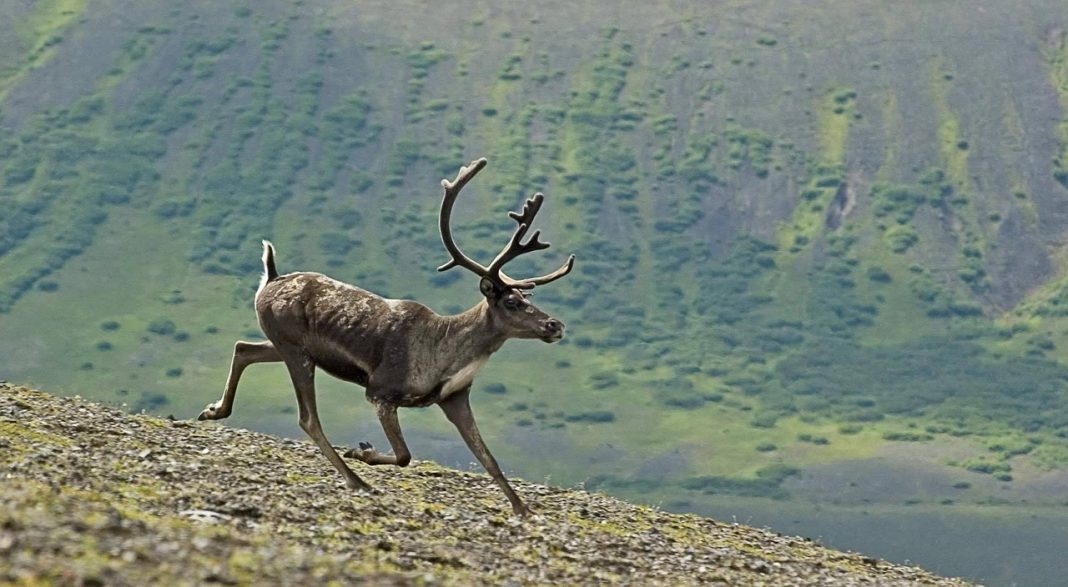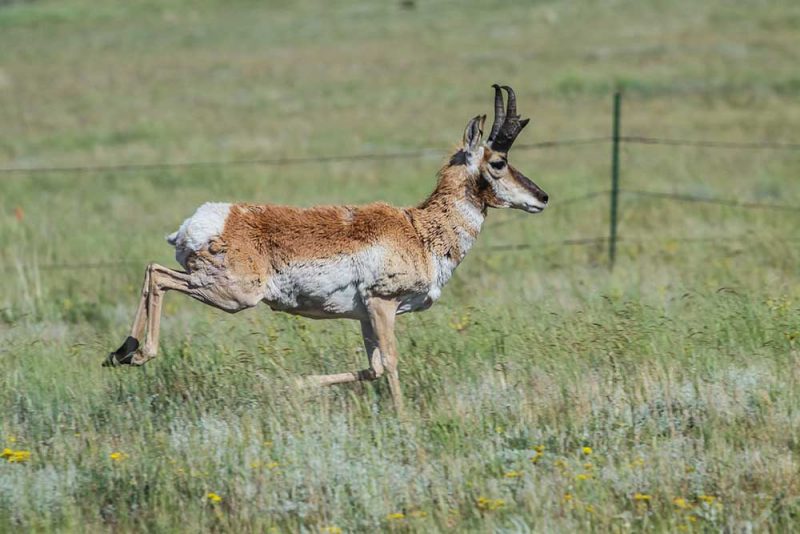CANADIAN CARIBOU HUNTING BAN IN NUNATSIAVUT – 100 years ago nearly a million boreal woodland caribou migrated across the tundra of Nunatsiavut. Located in the provinces of Newfoundland and Labrador. Nunatsiavut has been home to the George River Caribou Herd for as long as the Inuit people can remember. 20 years ago the caribou herd had an estimated population of 385,000 animals. Sadly, climate change, disease, and hunting have dropped the herd to below 5,500 animals. As a result of the herd loss, the Ungava Peninsula Caribou Aboriginal Round Table issued an all-encompassing hunting ban in 2016. Interestingly, UPCART represents seven nations of Indigenous Peoples and their effort to save and conserve the caribou.
“The ban on the George River caribou gives a perfect example of how wildlife management wasn’t put into place,” said Jim Goudie, Nunatsiavut deputy minister of Lands and Natural Resources. “We realized that caribou management was going to have to be taken into our own hands,” said Goudie, explaining that UPCART has put a 100-year strategy in place. “We weren’t making any headway with provincial governments.”
Management Struggles
Management struggles of the George River Caribou Herd are multifaceted. I will list some of the issues below. Firstly, years of over-harvesting and illegal hunting started to put unnecessary pressure on the population. Secondly, provincial and national governments have refused to put enough recourses into protecting the herd from many issues extending back as far as 1980. Thirdly, without any kind of knowledge about what healthy carrying capacity for the region should be. Scientists have incomplete data to suggest correct solutions. Over-harvesting has hurt several wildlife herds in the past. However, no harvests or under harvest can hurt wildlife as well. Diseases spread much more quickly when too many animals congregate in one area. The hope is with better enforcement and help from Indigenous Peoples the herd will start to rebound.
“Participatory monitoring systems often trigger a process of collective action. which if supported by policy development, can lead to strategies that can respond to unpredictable ecosystem dynamics,” John Fa, a senior associate scientist with the Center for International Forestry Research said.
In conclusion, I hate to see hunting opportunities taken away. However, as a conservationist, I hope and pray the continued hunting ban helps restore the herd. What are your thoughts on the hunting ban? Let us know in the comments.















